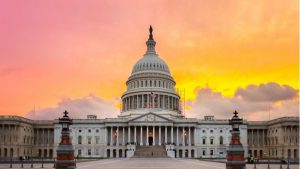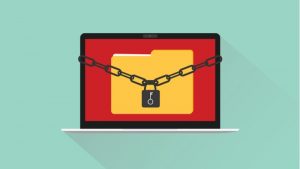The Senate Commerce, Science, and Transportation Committee is poised to take action next week on a range of tech-related legislation including bills dealing with making available spectrum for 5G wireless services, and further action to rein in robocalling.
Days after Sen. Brian Schatz, D-Hawaii, introduced data privacy legislation to the Senate, the Senate Committee on Commerce, Science, and Transportation held a hearing to examine legislative proposals to protect consumer data privacy.
U.S. Election Assistance Commissioner Thomas Hicks said on Dec. 3 that election security in the U.S. is “light years” ahead of where it was in 2016, but also emphasized there’s plenty more to do to ensure good security for the 2020 election cycle.
The Congressional Budget Office estimated in a Nov. 21 report that the DOTGOV Online Trust in Government Act would cost very little to implement.
A bill introduced last week by Rep. Grace Meng, D-N.Y., would direct that the Federal government spend $100 million per year for five years on a program to provide mobile broadband “hotspot” devices to schools and libraries.
The Department of Homeland Security’s (DHS) Cybersecurity and Infrastructure Security Agency (CISA) announced Nov. 21 that it is developing and piloting a new open-source post-election auditing tool for use in the 2020 elections.
A bipartisan group of House members introduced the Technology in Criminal Justice Act, which would establish an Office of Digital Law Enforcement within the Department of Justice (DoJ).
The state of Louisiana was hit with a ransomware attack on Nov. 18, making it the second attack on the state in the last six months. Louisiana Gov. John Bel Edwards, a Democrat, said on Twitter, “There is no anticipated data loss and the state did not pay a ransom.”














